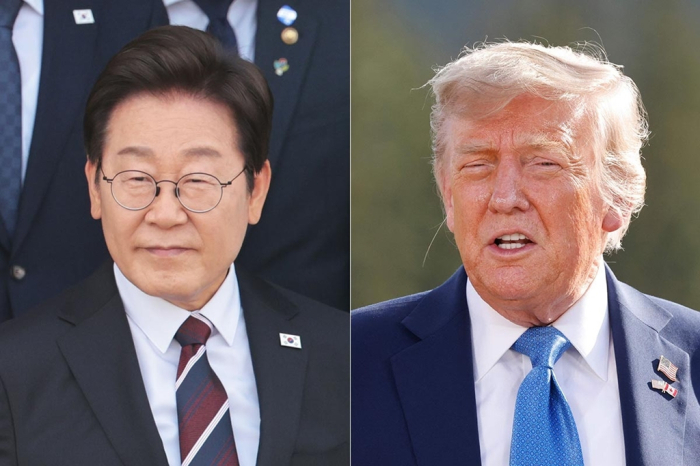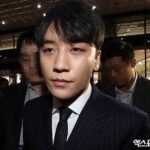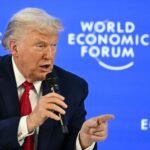
South Korea’s national security adviser said Monday that Washington is unlikely to agree to Seoul’s request for a currency swap line for now, but voiced guarded optimism that the two sides could still bridge gaps on tariffs in their broader trade negotiations.
“It’s difficult to be optimistic” that the US will accept South Korea’s proposal for a swap, “given its past record,” Wi Sung-lac told reporters in a group interview with local news agencies.
“And even if we secure one, that alone won’t solve everything. The currency swap is a necessary condition, not a sufficient one.”
His remarks came three days after Korea’s Finance Minister Koo Yoon-cheol said Seoul was still waiting for a US response on the currency swap line, despite reaching a separate foreign-exchange deal with Treasury Secretary Scott Bessent during their meeting last week, signaling more turbulence ahead in the negotiations.
Wi, a former career diplomat closely involved in the talks, said he was, however, “not overly pessimistic” about the outlook for the overall trade negotiations with Washington.
“From my experience with tough negotiations, the beginning was the hardest part. We then made steady progress, though we’ve hit a rough patch. But I think we can get back on track,” he said.
South Korea has called for an unlimited bilateral swap as part of its $350 billion investment pledge in the US, while also seeking to cut tariffs on Korean imports to 15% from 25%.

Wi dismissed the notion that hard-line criticism of Washington at home would strengthen Seoul’s hand.
“Such an approach doesn’t work as leverage,” he said, urging politicians and civic groups to put national interest first during sensitive talks.
On US President Donald Trump’s call for South Korea to pay the $350 billion “up front,” Wi said he wasn’t sure if the remark was a response to mounting criticism in Seoul over Washington’s hard-line stance on the investment.
He added that the Asia-Pacific Economic Cooperation summit, to be held Oct. 31–Nov. 1 in Gyeongju, South Korea, could provide “a potential turning point” for the negotiations.
Trump is scheduled to attend the meeting.
South Korea and the US reached a trade deal in late July but have not signed a final document due to differences over details such as the investment by Asia’s fourth-largest economy in the world’s largest economy.
By Sookyung Seo
skseo@hankyung.com
Jennifer Nicholson-Breen edited this article.














